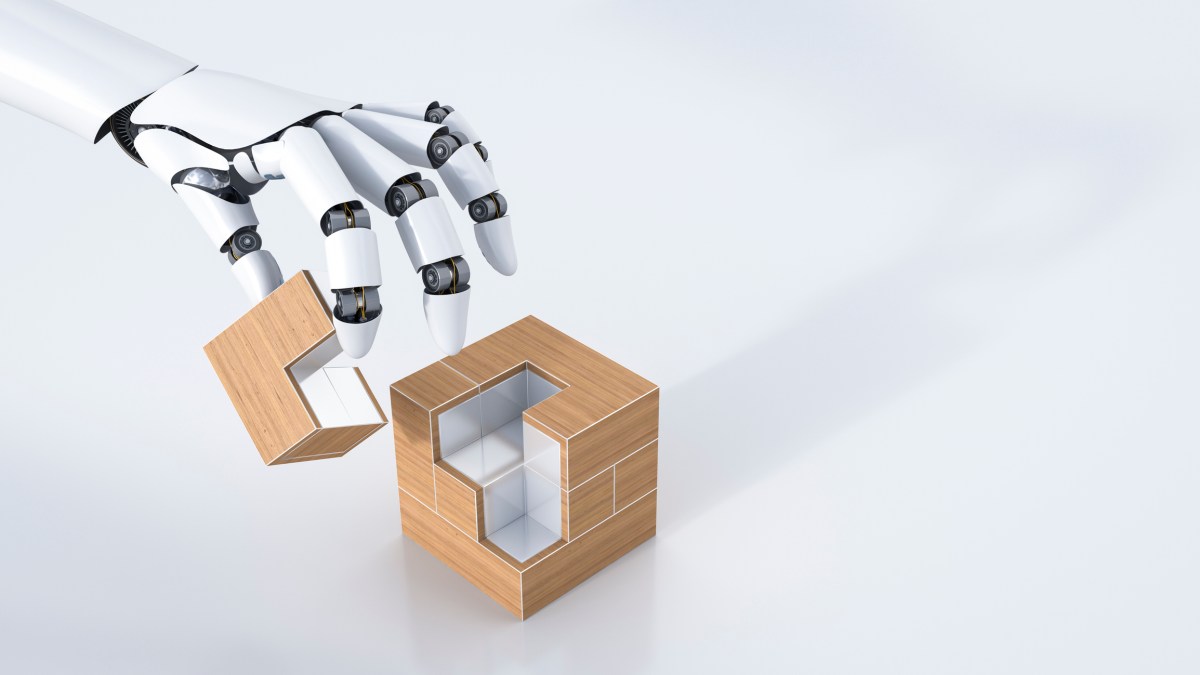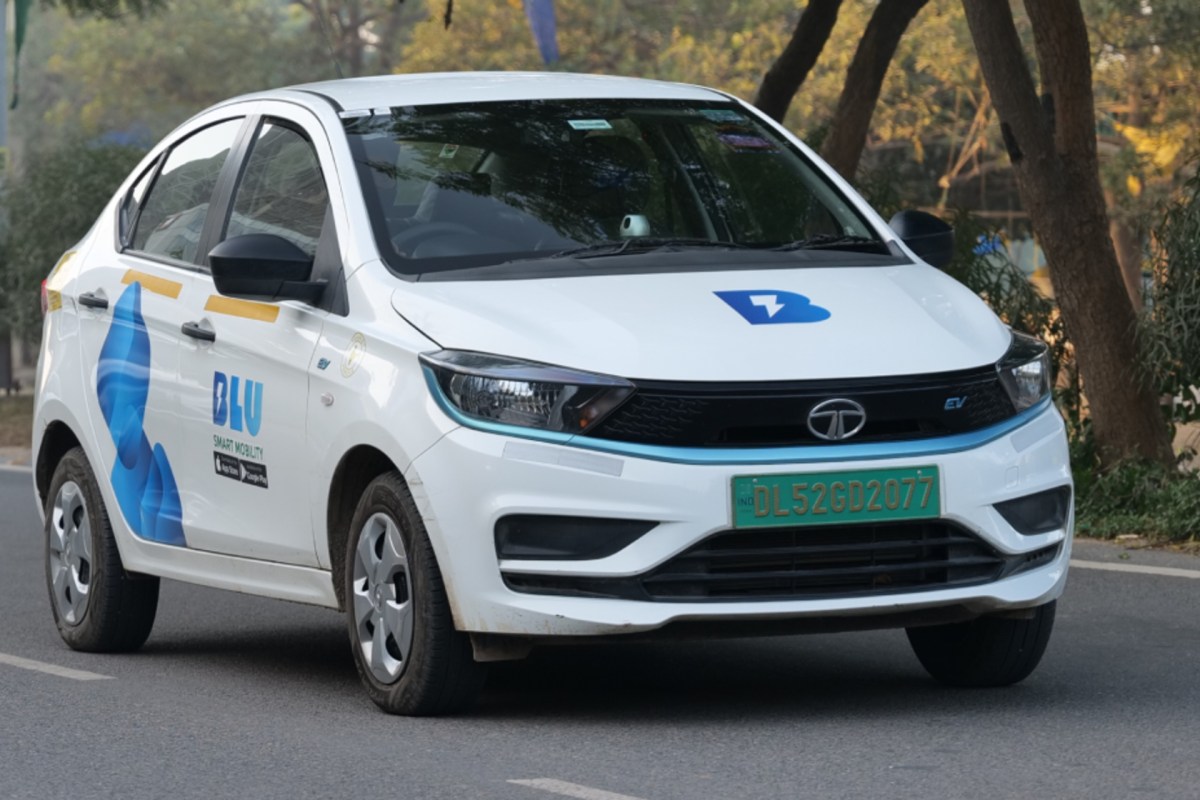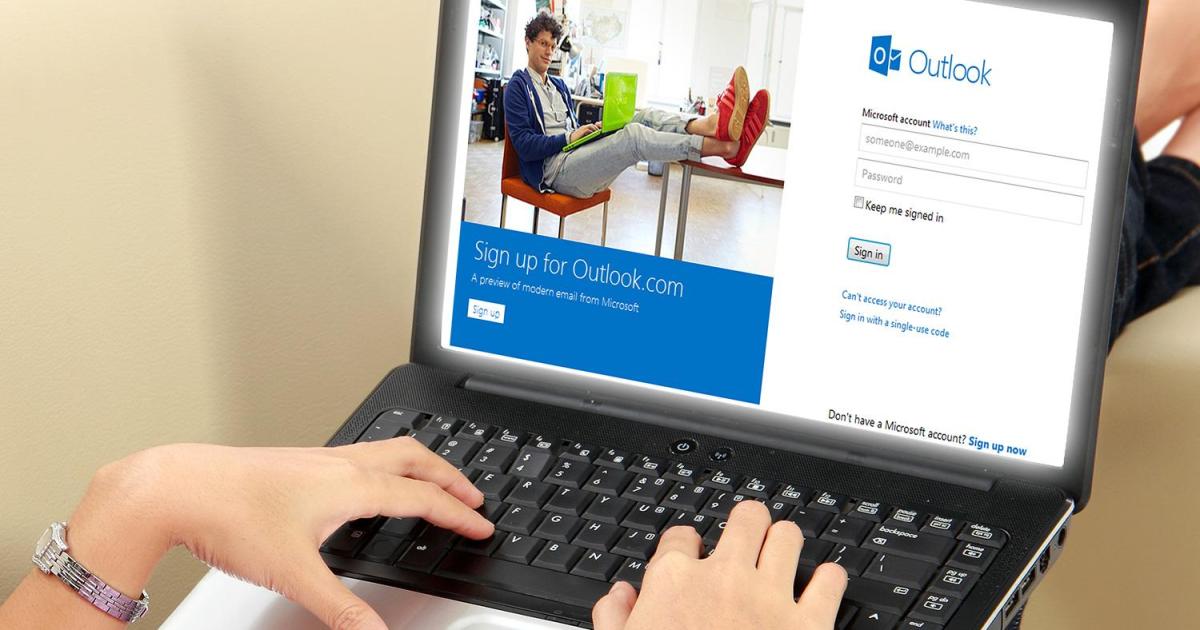
RLWRLD secures $14.8 million to develop a foundational model in robotics.
With the progress of robotics, industries have started to incorporate an increasing number of robots to automate various manual tasks. More than 540,000 new industrial robots have been introduced.
With the advancement of robotics, various industries have begun to incorporate more robots to automate repetitive tasks. According to recent data, in 2023, over 540,000 new industrial robots were installed worldwide, bringing the total number of active industrial robots to over 4 million. Although industrial robots are effective at performing repetitive tasks, they face difficulties in activities that require precision, handling of delicate materials, or adaptability to changing conditions. For example, a robot in a restaurant kitchen might hinder rather than assist.
The South Korean startup RLWRLD aims to address these challenges through an artificial intelligence (AI) model that combines large language models with traditional robotics software. According to its founder and CEO, Jung-Hee Ryu, this model will enable robots to perform agile and swift movements as well as carry out logical reasoning. Ryu stated that with this foundational model, it is possible to fully automate processes that currently require a lot of manual intervention, optimizing work environments.
Recently, RLWRLD secured 21 billion KRW (approximately 14.8 million USD) in seed funding, led by the venture capital firm Hashed, with additional investments from Mirae Asset Venture Investment and Global Brain. The company has captured the interest of major strategic investors, including Japanese companies such as Ana Group, PKSHA, Mitsui Chemical, and other South Korean firms like LG Electronics and SK Telecom.
The funds raised will be allocated to concept testing alongside these strategic investors, as well as to securing adequate computing infrastructure, acquiring robots and data collection devices, and hiring top research talent. Additionally, RLWRLD plans to develop advanced hand movements with five-finger capabilities, a feat that has yet to be achieved by competitors like Tesla and Figure AI.
Ryu mentioned that the company is also collaborating with its investors to research the automation of human-centered workflows using their AI model, and they are preparing a demonstration of autonomous action based on a humanoid for the end of this year. On another front, they are working on a platform that supports different types of robots, including industrial robots, collaborative robots, autonomous mobile robots, and humanoids.
Founded in 2024, RLWRLD is Ryu's third venture, having previously co-founded Olaworks, which was acquired by Intel in 2012 and became Intel's R&D center in Korea. Ryu has expressed that his motivation to start this new company stemmed from the rapid growth of AI startups in the U.S., Europe, and China, while in Korea and Japan, there was not a comparable number of similar projects.
In an effort to overcome the challenges faced by researchers in these countries, Ryu contacted more than 30 AI academics to understand their difficulties, leading him to conclude that it would be beneficial to focus on foundational robotics models. He assembled a team with six professors from top-tier institutions in South Korea to launch RLWRLD.
Competitors like Skild AI and Physical Intelligence are also developing similar foundational models, as are companies like Tesla and Google DeepMind. However, Ryu is confident that his startup has the necessary experts in AI and robotics to create robust models and humanoid robots with a high degree of freedom. His strategic investors also allow him to access valuable data from nearby production locations, as it was reported in 2024 that Japan and South Korea accounted for 9.2% of global manufacturing output.
RLWRLD aims to generate revenue soon through pilot projects and collaborations with its strategic partners, primarily focusing on the industrial sector, where the demand for automation is stronger and payments are higher. The company currently has 13 employees.




